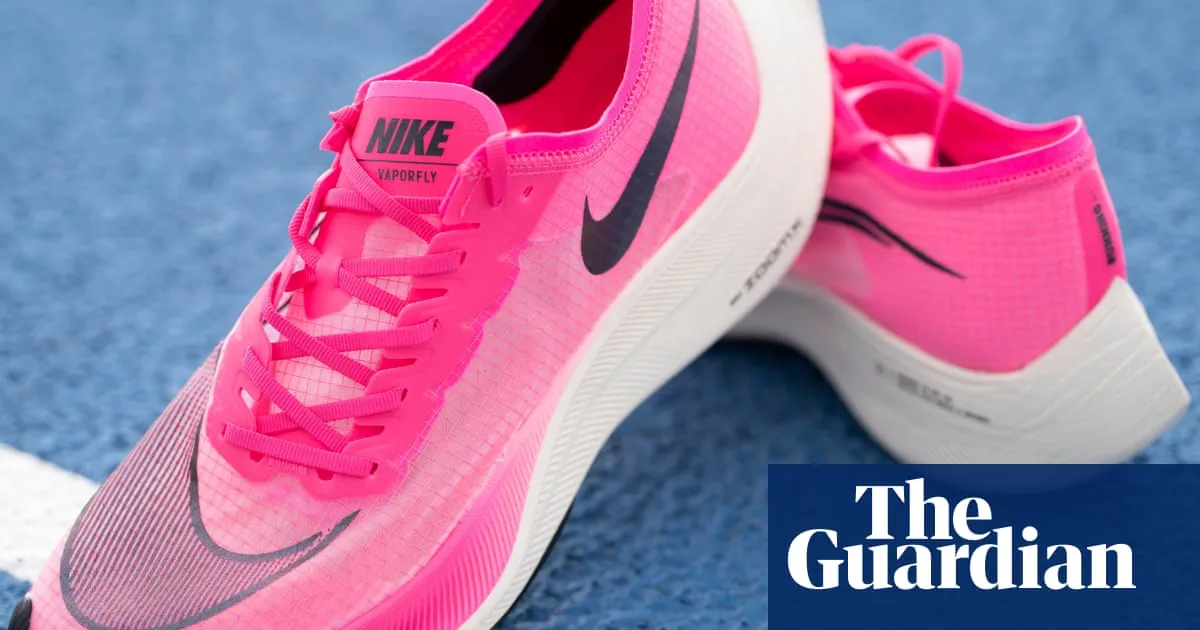
Nike has announced that it anticipates a significant increase in costs, projected at around $1 billion (£728 million), as a direct result of Donald Trump’s tariff war. This financial strain comes as the sportswear giant seeks to diminish its manufacturing footprint in China. Over the past year, Nike's market value has plummeted by a third, prompting the company to take decisive actions to alleviate the financial burden. These measures include raising prices in the United States and diversifying its sourcing strategies by looking to other countries for production.
Matthew Friend, Nike’s chief financial officer, stated, “These tariffs represent a new and meaningful cost headwind.” He further elaborated that, with the current tariff rates in effect, the company estimates a gross incremental cost increase of approximately $1 billion. Friend emphasized that Nike intends to fully mitigate the impact of these financial headwinds over time.
Last year, nearly 60% of all Nike-branded apparel was produced in Vietnam, China, and Cambodia, while Vietnam, Indonesia, and China accounted for an impressive 95% of all Nike footwear manufacturing. “We have strong relationships with our factory partners, and our leadership team is experienced in managing through disruption,” Friend noted.
In light of the challenges posed by tariffs, Friend mentioned that Nike has consistently been a leading payer of US duties. The company plans to optimize its sourcing mix and adjust production allocations across different countries to counteract the new cost pressures in the United States. Despite the 60% tariff rate imposed by the US, which represents approximately 16% of footwear imports, manufacturing capacity and capability remain a priority for Nike.
To minimize the impact on consumers, Friend acknowledged that the business is actively working on strategies to mitigate costs. However, he also confirmed that a “surgical price increase” will be implemented in the US starting this autumn. Additionally, Nike aims to reduce overhead costs through a process of “corporate cost reduction.”
Friend’s remarks come in the wake of Nike reporting its most disappointing quarterly earnings in over three years, with revenues declining by 12% to $11.1 billion during the three months ending in May. Elliott Hill, Nike’s chief executive, acknowledged, “The results are where we planned. That said, we’re not happy with where we are.”
Mamta Valechha, an analyst at Quilter Cheviot, commented on Nike's performance, stating, “Nike continues to slump, with its fourth quarter being the worst in at least two decades.” She indicated that the figures suggest Nike “may nearly be at rock bottom,” adding, “It has been a difficult period for Nike following the pandemic, and the threat of tariffs is simply not helping the situation for the company.”